01/6Is my chest pain an outcome of COVID-19 or anxiety?
)

The novel coronavirus brings along many signs and symptoms, some of which linger on for weeks and even months. While some people suffer with mild and moderate infections, others go on to develop serious ailments like shortness of breath and chest pain. However, many of these symptoms bear a striking resemblance to many other illnesses and conditions. For instance, chest pain is a common marker of COVID-19, but can also be an indicator of anxiety and other mental health related conditions. But how do we tell the difference?
02/6What causes chest pain or tightness?
)

Chest pain is a feeling of discomfort in and around the chest. It can either be triggered due to an inflammation in the heart or a non-heart-related condition.
Cardiac chest pain is commonly caused due to an irregular blood and oxygen supply in the heart muscles. Also known as Angina, you may experience a lot of pressure in your chest and the discomfort may spread to your shoulders, arms, neck and back.
Non-cardiac chest pain can be caused by many factors ranging from infections to muscle or bone complications. However, they may also require emergency help.
Read more: Chest physiotherapy for clearing airways and strengthening your lungs
03/6Could chest pain be a sign of COVID-19?
)

Although an unusual symptom of COVID-19, chest pain can arise in patients with severe infections.
The SARs-COV-2 virus has the potential to affect not just the respiratory system, but can cause serious damage to other organs. It can cause inflammation in different parts of the body, causing the muscles to tighten. This then makes the chest muscles go sore, making it more difficult to breathe.
In more severe patients, COVID-19 can lead to pneumonia, which further leads to heightened inflammation of the lungs, making chest pain a common symptom.
Read more: Coronavirus symptoms: Is chest pain a symptom of coronavirus infection?
04/6Anxiety can also lead to chest pain
)

Anxiety is a condition, where a person is overpowered by a feeling of fear and apprehension. It is a sudden event that can lead to different symptoms, one of which is chest pain. But unlike COVID-19 or any other cardiac-related chest pain, anxiety induced chest pain subsides quickly and does not linger on or cause severe damage. The symptoms to note are as follows:
- Shortness of breath
- Sweating
- Dizziness
- Heart palpitations
- Shivering
05/6How to differentiate between chest pain caused by COVID-19 vs. anxiety?
)

While chest pain caused due to COVID-19 can persist for as long as the person is infected, anxiety or panic attack associated chest pain may subside between 5-20 minutes. Anxiety-related chest pain can be stabbing and sharp, whereas in COVID patients it may trigger tightness in the chest and a feeling of pressure.
Apart from that, chest pain in anxiety may be accompanied by mental symptoms and some physical ailments. However, in COVID-19 patients, chest pain comes along with fever, cough and other flu-like symptoms.
Read more: Anxiety vs. COVID symptoms: How to tell the difference?
06/6What is COVID anxiety?
)

As of now, many experts and medical professionals have worked tirelessly to study the various symptoms and signs of COVID-19. But only small scale research has been conducted to analyse the implications of the pandemic on people's anxiety and stress levels.
However, it has become quite evident that COVID-19 can stir high levels of anxiety in people and may even cause some physical ailments in the process. Even the Centre for Disease Control and Prevention (CDC) has stated that the current pandemic may cause stress and anxiety in people.
During the course of COVID surge, many also dealt with the fear of death, which lead to a lot of anxiety.






























































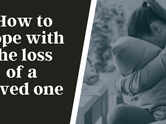


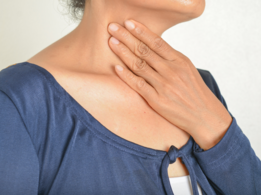
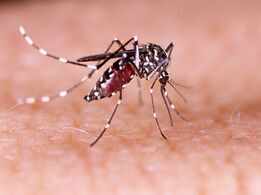
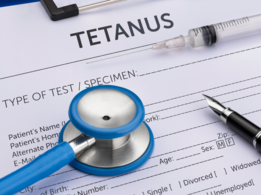
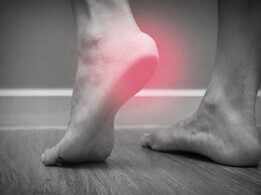
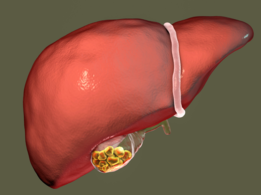
















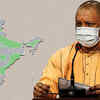


closecomments
SIGN IN WITH
FacebookGoogleEmail